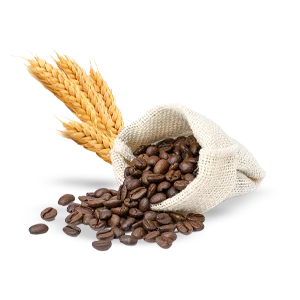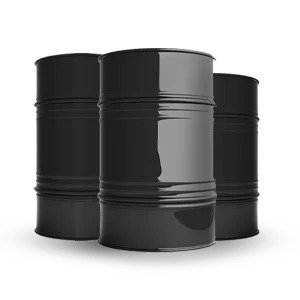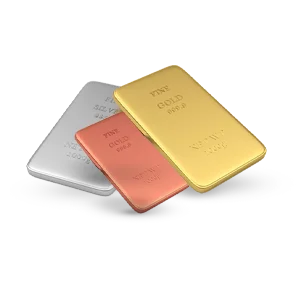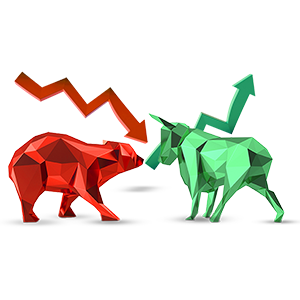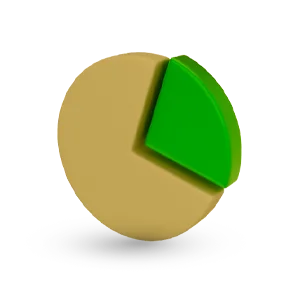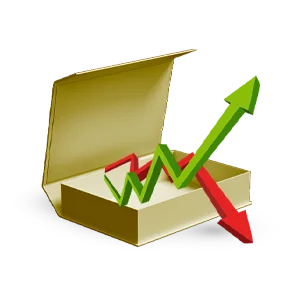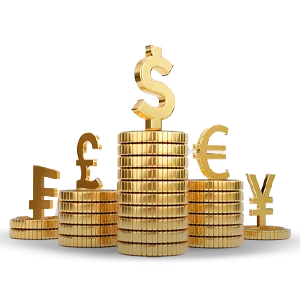Trading and investing have become more accessible than ever! With the right tools and knowledge, all aspiring individuals can embark on their trading journey.
3 Steps to Begin Your Trading Journey

Choose your market
We don’t only promote trading popular markets such as gold, oil, and stocks… We provide you with access to 8 asset classes and thousands of financial instruments!

Whether a Beginner or an Expert, Copy Trading Could be Your Next Favorite System!
Copy Trading is ideal for experts who would like to earn commission by having others copying their trades, and for traders who are new to the field or simply lack the time to trade by themselves.
Don’t miss a thing and stay on top of your trading game!
From daily market reports to advanced analytical tools, we designed your dashboard to be the only source of information you seek!
We answer your questions before you even think of them!
We care about having you as our lifetime client, which is why we make sure to provide all kinds of support and assistance wherever you need it.

